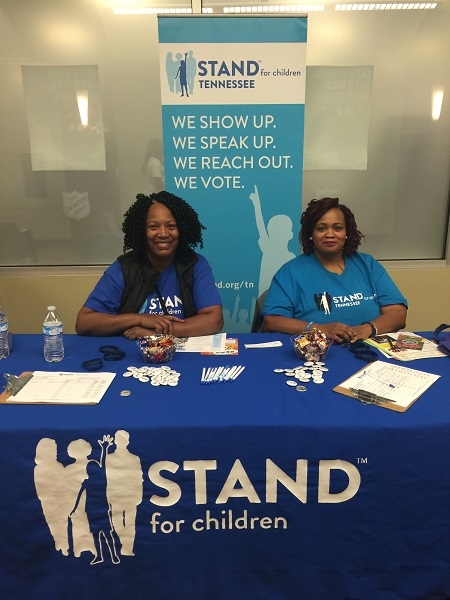With the 2023-24 school year and August’s special session around the corner, thousands of students, families, and teachers are facing challenges from the punitive Third Grade Retention law that took effect this year. To share information and gather stories, Stand for Children, MICAH, and Momentum Memphis are participating in Statewide Organizing for Community eMpowerment (SOCM)’s #MoreThanATest Day of Action with a canvass on Saturday, July 15.
We demand that the third-grade retention law be placed as a priority at the legislative special session this summer. Retention decisions should be determined by those that know our students best and should consider their entire academic performance, instead of basing the decision on a single standardized test. This Saturday, we will hear from teachers, parents, and students about the effects of this retention law.
We repeat: our students are so much more than a test!






















